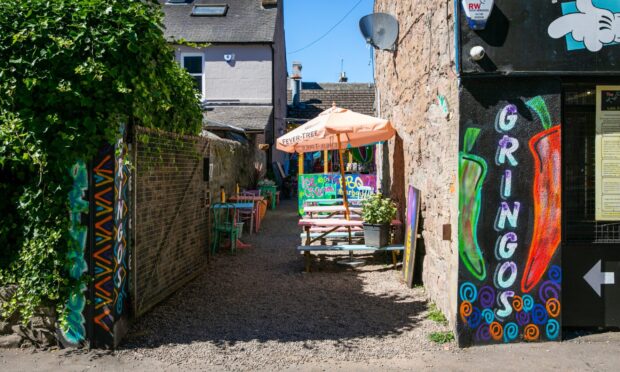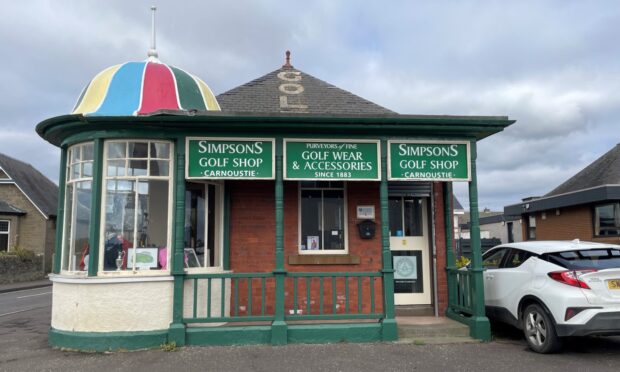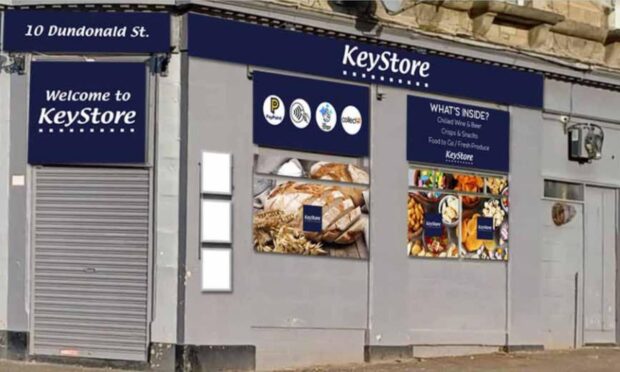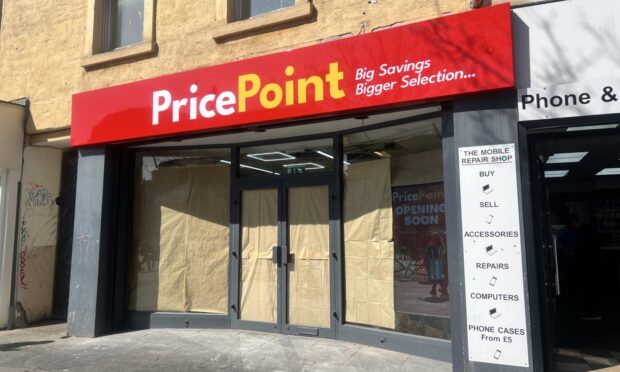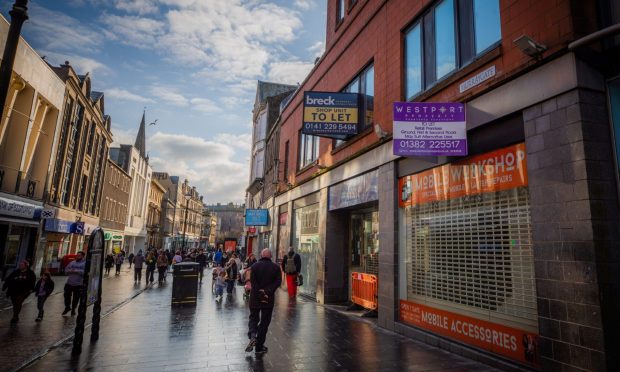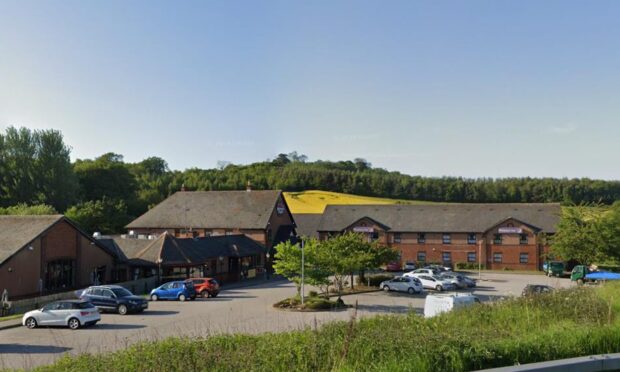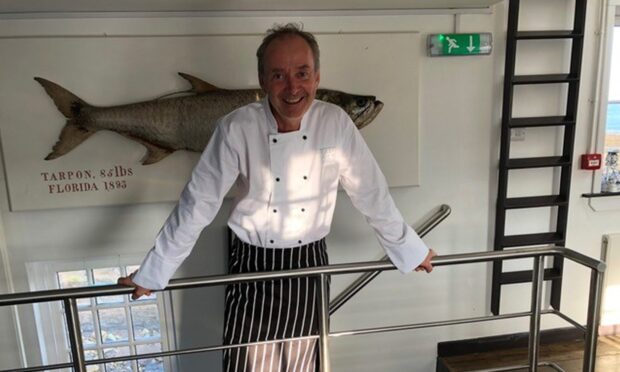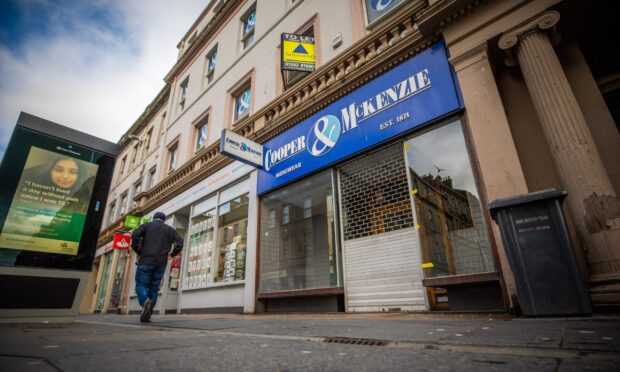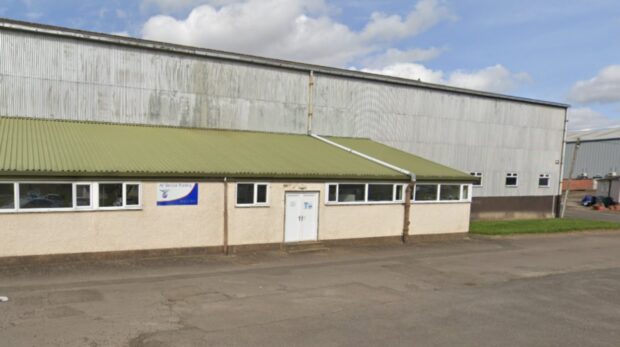Four in five Scottish small firms are against plans to introduce a so-called ‘tourist bed tax.’
A survey by the Federation of Small Businesses (FSB) has found that 82% of firms are against the proposals to impose a levy on visitors’ accommodation bills.
The Scottish Tourism Alliance and British Hospitality Association have also voiced their opposition.
The controversial plans come from Edinburgh where it has been contended that a “bed tax” levy on visitors would help pay for major events and reduce the burden on the council’s budget.
It is argued that without an extra revenue stream, the Scottish capital could lose high profile occasions like its festival and Hogmanay celebration.
The Scottish Tourism Alliance, the main voice of the industry, is to campaign against the move, saying it “risks discouraging tourists” from visiting Scotland.
Tourism agency VisitScotland has said a visitor tax – which the Scottish Government insists it has no plans to introduce – could “damage” and “hinder” one of Scotland’s best-performing industries.
Firms operating in Scotland’s £9.7 billion tourism industry are firmly against the proposal, with 86% saying it would have a negative impact on their enterprise.
Almost four in five members of the wider business community (79 %) said that the move would impact negatively on the local economy.
FSB is urging both the Scottish Government and local councils to rule out these proposals.
Amanda Frazer, FSB’s Highlands and Islands regional chair, who also runs a Bed and Breakfast in Newtonmore, said: “These figures are stark but unsurprising. Scotland’s accommodation providers don’t want to levy a tax on our visitors.”
Colin Borland, FSB’s head of external affairs in Scotland, said: “While we understand that public sector budgets are under pressure, FSB cannot support the introduction of a regressive tax on visitors.
“Tourism is a key industry for Scotland and the ambitious targets we have to increase the number of return visitors could be undermined by these proposals.”
Businesses in rural Scotland were especially critical of the proposals.
Marc Crothall, chief executive of the Scottish Tourism Alliance, said: “Despite tourism being acknowledged as the country’s most important industry, it is increasingly challenging for Scotland to remain competitive as a destination.
“Applying a further cost to visitors is, in our opinion, not a sensible approach to take.”
Willie Macleod, Scottish executive director for the British Hospitality Association (BHA), said: “The BHA believes that it is iniquitous to single-out and penalise overnight visitors to pay an additional tax simply for visiting a destination and making a contribution to the local economy.”

